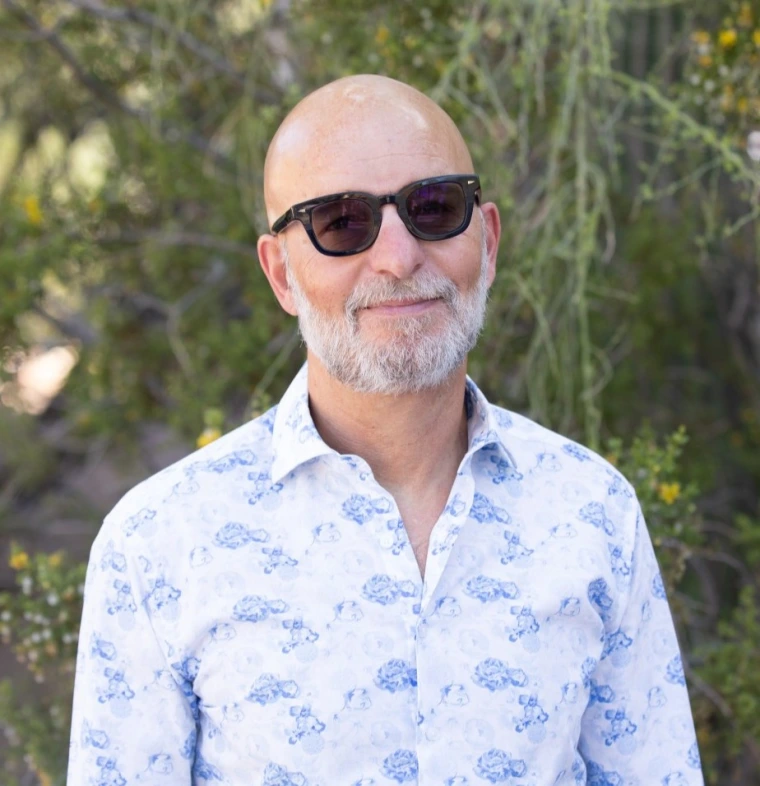Fabio Lanza

Chávez 324
Research Areas
I am a cultural historian of twentieth-century China, with a particular focus on political activism and urban space.
My first single-authored book, Behind the Gate: Inventing Students in Beijing traces the origins the category of “students,” which has been coeval and coincident with Chinese modernity itself. Through an original analysis of one of the crucial episodes in the historiography—and imagination—of modern China, the May Fourth movement of 1919, I show how the signifier “student” was the result of a historical process. To put it simply, while in China—as elsewhere—there had always been people who studied, the political category of “student” was far from pre-determined and was actually produced through political practice during a particular historical moment.
With my colleague Jadwiga E. Pieper Mooney, I have co-edited De-Centering Cold War History: Local and Global Change (Routledge, 2012).
My second monograph, The End of Concern: Maoism, Activism, and Asian Studies, follows the history of the Committee of Concerned Asian Scholars, an organization of radical professors and grad students, as a way to explore an important moment of transition in the Cold War and to highlight the role of Maoism as a political and intellectual inspiration for activists around the world in the long sixties. You can listen to my interview on the book in New Books in East Asian Studies.
I am currently finishing a manuscript on urban collectivization during the Great Leap Forward, tentatively titled “Bridge to Heaven.” I describe, among other things, the efforts to achieve women’s liberation by socializing domestic labor and transforming “housewives” into “workers."
I teach introductory classes on Modern China, Modern East Asia, Communist China, and Contemporary China as well as a courses on “Asia in the World” and the history of communism. In all my courses, by expanding the reading list beyond what are usually considered historical sources, I lead students to look at how history is continuously produced around us and to read everyday materials as potential “archives.”
I was born and bred in Venice, Italy and moved to the US in 1998. When I am not working, I am usually working out or cooking.

